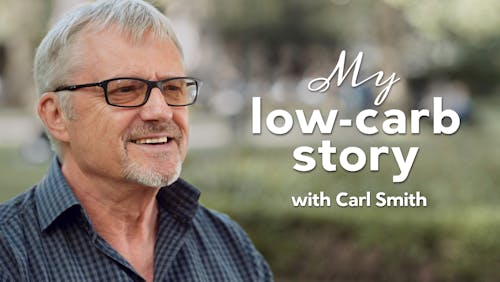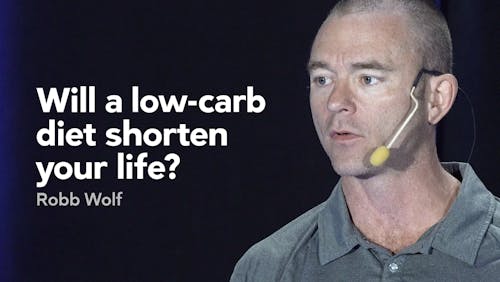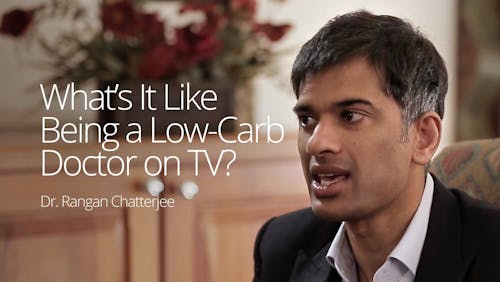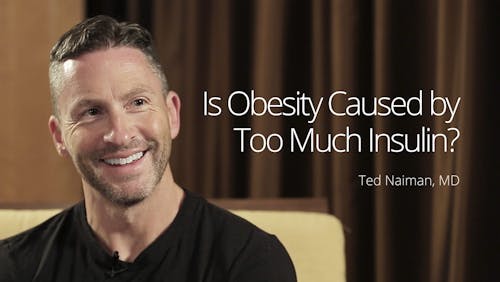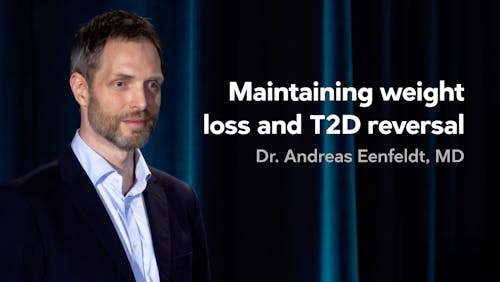Sustainable weight loss requires different advice

A recent study in JAMA Network Open reported on weight status and weight loss attempts from 48,000 individuals in the NHANES data base between 1999 and 2016. They concluded that during that time frame, overall average weight increased despite an 8% increase in attempts at weight loss. Weight-loss attempts most commonly focused on reducing calories, increasing fruit and vegetable intake, and increasing exercise.
Just a few weeks prior, a different paper published in Obesity Reviews claimed that dietary research proves long-term weight loss is elusive. Interestingly, the authors only looked at randomized controlled trials that had an initial intervention without a follow up intervention, a potentially faulty trial design heavily criticized by obesity medicine doctor Yoni Freedhoff.
On the surface these two studies seem to agree. Long-term weight loss doesn’t work.
Sounds pretty depressing, doesn’t it? How do we reconcile that conclusion with what we know about practitioners and patients who have seen years if not decades of lasting weight loss?
One potential reason is that people are trying the wrong interventions. According to the NHANES data, when people try to reduce calories, exercise more, and/or add more fruits and veggies, unwanted pounds are tough to keep off.
According to the Obesity Reviews paper, if you have a short-term intervention and expect long-term results, it doesn’t to go very well.
This may be simplifying the articles a bit, but failure — over the long haul — is the message from the articles reporting on the mainstream approaches to weight loss. And unfortunately, the mainstream approaches are what most patients will hear if they seek weight-loss advice from doctors or dietitians.
It’s time to ask: What if we focus on more effective interventions, and we focus on long-term support? Are patients bound to experience better results?
Or, to rephrase and focus this question, I would ask: Are low-carb and keto diets more effective interventions for long-lasting results?
If we want to improve or reverse type 2 diabetes, the data certainly suggests that. If we focus on weight loss, we have data showing sustained 24 pound (11 kilo) weight loss on average at two years. That is far from depressing. In fact, that shows with the right intervention and appropriate support, sustained weight loss and improved health are absolutely possible.
Will it work for everyone? No. That’s where we get into trouble. Thinking an intervention will work for everyone creates unrealistic expectations. And then, if it doesn’t, it’s deemed a failure.
Instead of throwing our hands up in the air and giving up, it’s time to reevaluate our tactics and find the approach that will work for most people. And we know from these studies that our tactics should be different from the ineffective, mainstream advice emphasized for decades.
It’s time to make low-carb a mainstream option for weight loss and health promotion. Let’s see how many more people we can help to find success.
Thanks for reading,
Bret Scher MD FACC
More
Is it possible that the keto diet doesn’t work for some people?









